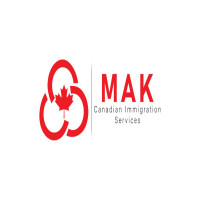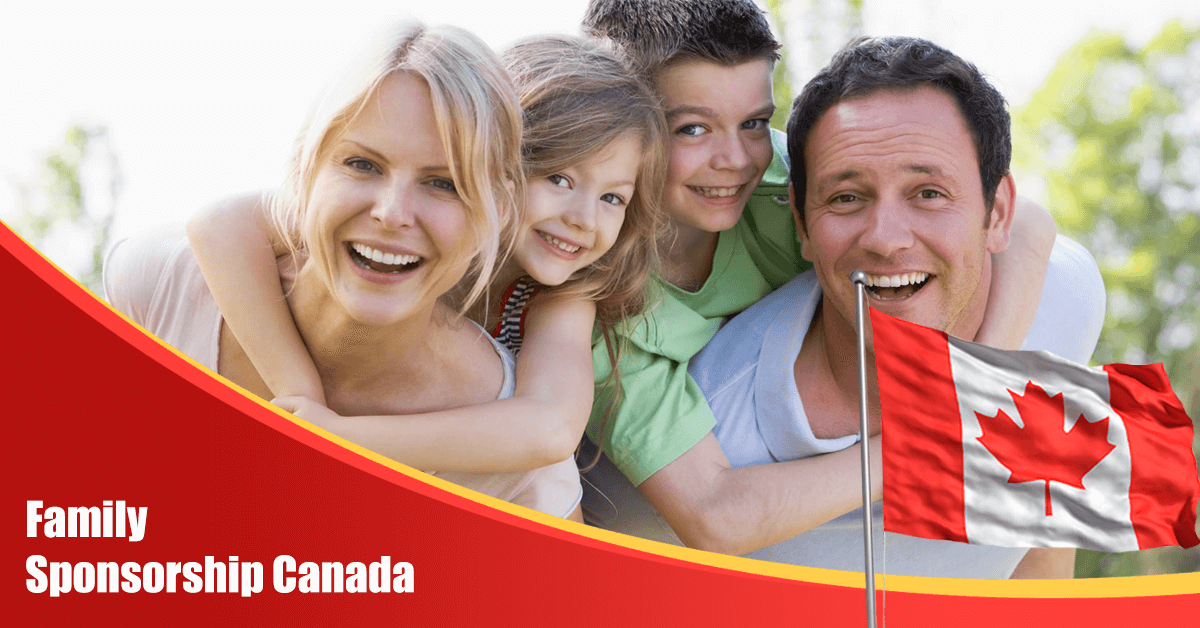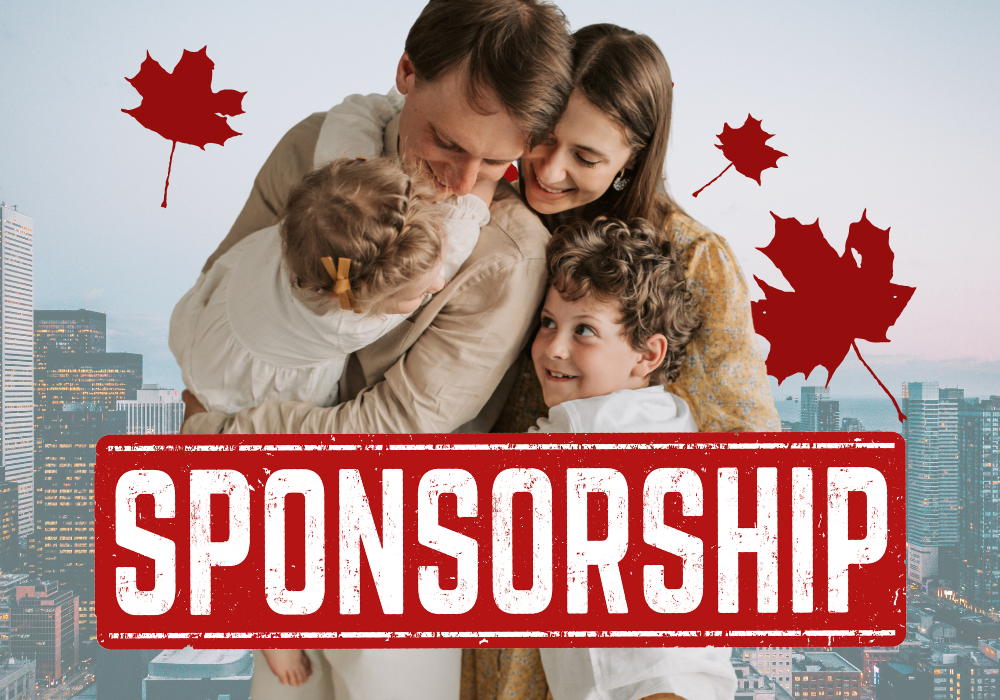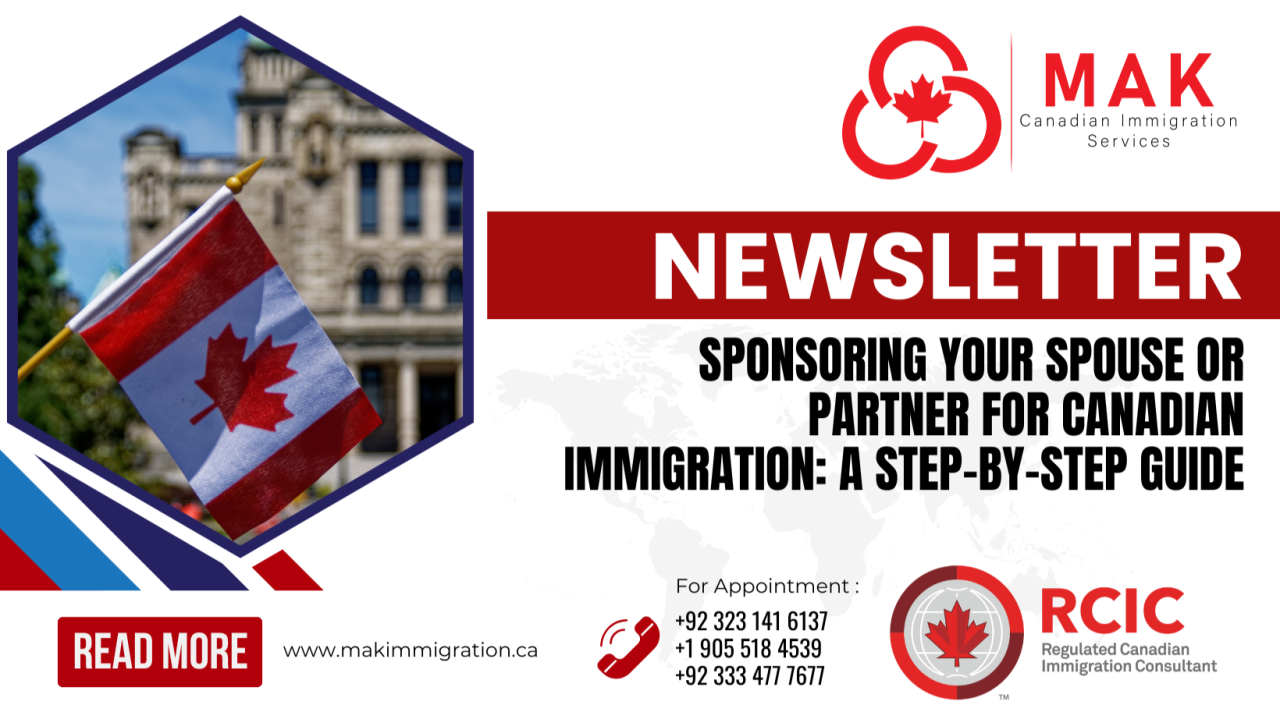From Abroad to Home: Making Canadian Family Sponsorship Work for You
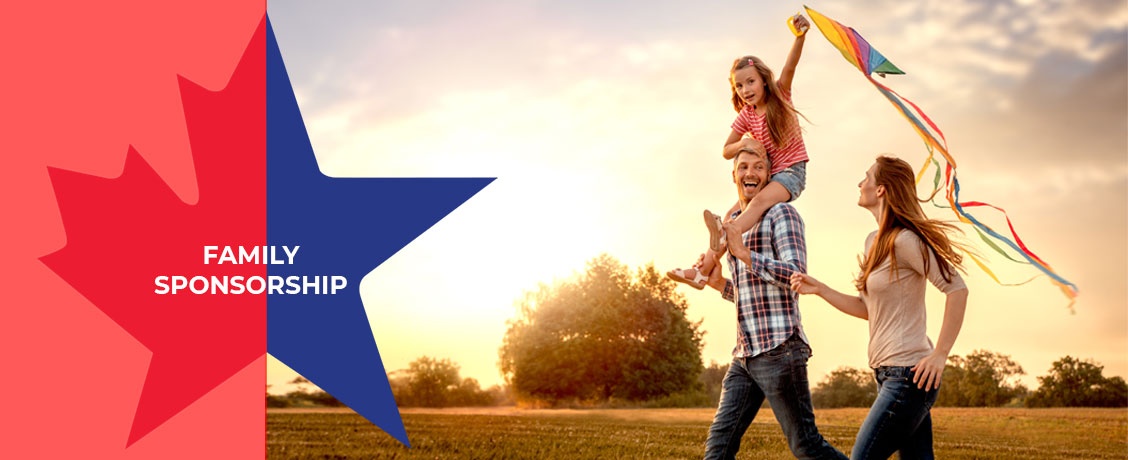
Strong 8k brings an ultra-HD IPTV experience to your living room and your pocket.
Family is the foundation of society, and Canada deeply values this principle. Through its Family Sponsorship Program, Canada offers citizens and permanent residents the chance to reunite with their loved ones and build a life together. Whether you're sponsoring a spouse, child, parent, or even a grandparent, understanding how to make Canadian family sponsorship work for you is key to a successful and smooth transition.
This blog will walk you through everything you need to know about the process, from eligibility to application, challenges, and tips for approval.
What is Canadian Family Sponsorship?
Canadian Family Sponsorship is a federal immigration initiative under Immigration, Refugees and Citizenship Canada (IRCC). It allows eligible Canadian citizens or permanent residents to sponsor certain family members to become permanent residents of Canada.
The ultimate goal is family reunification, enabling families separated by borders to live together permanently in Canada.
Who Can You Sponsor?
The Canadian family sponsorship program includes several categories:
Spouse, common-law or conjugal partner
Dependent children
Parents and grandparents
Orphaned relatives (siblings, nephews/nieces, grandchildren under 18, unmarried and without parents)
Other relatives (only under exceptional circumstances)
Note: Each category has its own requirements and documentation.
Eligibility Requirements for Sponsors
Before starting the process, the sponsor must meet the following basic eligibility criteria:
Be 18 years or older.
Be a Canadian citizen or permanent resident.
Live in Canada (or plan to return once the sponsored relative becomes a PR)
Not receiving social assistance, unless for disability.
Demonstrate the ability to financially support the sponsored family member.
Agree to a legal undertaking to support the relative for a set number of years.
Special Note for Spousal Sponsorship: There’s no minimum income requirement to sponsor a spouse, partner, or dependent child, but you must not be in default on any previous sponsorship obligations.
Types of Family Sponsorship Applications
1. Inland Sponsorship
The sponsor and applicant must both be living in Canada.
The sponsored spouse/partner may be eligible for an Open Work Permit.
Allows the applicant to remain in Canada during the processing.
2. Outland Sponsorship
The applicant lives outside Canada during the processing.
It can be processed faster in some cases.
Appeals are allowed if refused.
Choosing between these streams depends on your situation. Inland sponsorship is better if you’re already together in Canada, while outland sponsorship is better if the spouse is abroad.
Steps to Making Family Sponsorship Work for You
Step 1: Check Your Eligibility
Ensure both you (as the sponsor) and the person you’re sponsoring meet the eligibility requirements under the specific sponsorship category.
Step 2: Gather Required Documents
Prepare key documents such as:
Proof of relationship (marriage certificate, birth certificate, photos, etc.)
Proof of financial ability
Identity documents
Police clearance certificates
Medical exams
Always check the document checklist provided by IRCC for your specific case.
Step 3: Submit the Application Package
Download and fill out the correct forms from the IRCC website.
Pay the required application and biometrics fees.
Submit the complete application to the address mentioned in the guide.
A complete and accurate application will reduce delays significantly.
Step 4: Biometrics, Medical Exam & Police Clearance
Your sponsored family member will need to:
Provide biometrics (photo and fingerprints)
Complete a medical examination by an IRCC-approved panel physician.
Submit police clearance certificates.
These steps ensure the applicant is admissible to Canada.
Step 5: IRCC Processing
Once received, IRCC will:
Review for completeness
Assess the eligibility of both the sponsor and the applicant.
Perform background checks
Processing times vary based on country and category (check the IRCC processing times tool).
Common Challenges (And How to Overcome Them)
1. Incomplete Documentation
A missing form or signature can lead to rejection. Always triple-check the checklist.
2. Proof of Genuine Relationship
Especially for spousal cases, IRCC assesses whether the relationship is genuine. Strong evidence includes:
Communication records
Photos together
Joint financial accounts
Travel tickets
3. Delays Due to Background Checks
This can happen due to travel history or inadmissibility concerns. Be proactive and transparent.
4. Income Requirements for Parents/Grandparents
There are Minimum Necessary Income (MNI) thresholds that must be met. Sponsors must provide Notices of Assessment for the last 3 taxation years.
5. Miscommunication or Errors
Incorrect or inconsistent information can lead to delays or refusals. Hiring an immigration consultant or lawyer can help, especially for complex cases.
How Long Does It Take?
Family sponsorship timelines vary:
Spouse/Common-law: 10–12 months
Parents/Grandparents: 20–24 months
Dependent Children: 10–12 months
The earlier you apply, the better, especially since parent/grandparent sponsorship often uses a lottery system or invitation-based draw.
Financial Commitment and Undertaking Period
When you sponsor a relative, you commit to supporting them for a specific number of years, even if your circumstances change. This legal undertaking includes food, shelter, health needs, and daily expenses.
Sponsorship Undertaking Lengths:
Spouse/partner: 3 years
Dependent child (under 22): 10 years or until age 25 (whichever comes first)
Parents/grandparents: 20 years
If your relative receives social assistance during this time, you may be legally required to repay the government.
What Happens After Approval?
Once approved, your relative will:
Receive a Confirmation of Permanent Residence (COPR)
Be issued a PR visa
Land in Canada and receive a PR card
If already in Canada (inland sponsorship), they may be issued their PR status at an IRCC office.
Can You Appeal a Refused Sponsorship?
Yes. If your sponsorship application is refused, you may appeal to the Immigration Appeal Division (IAD), except for some cases (e.g., ineligibility due to misrepresentation).
It’s best to consult with an immigration professional to handle complex appeals.
Tips for a Successful Family Sponsorship Application
Stay Updated: Follow IRCC updates on processing and eligibility changes.
Be Honest: Never misrepresent facts in your application.
Use a Checklist: IRCC provides one—don’t skip anything.
Double Check Forms: Errors or missing information cause delays.
Prepare Financially: Know the commitments and plan for the undertaking period.
Consult Experts: For complex or high-stakes cases, consult a licensed immigration consultant.
Conclusion: From Abroad to Home, Your Family’s Journey is Worth It
The process of bringing your family from abroad to your home in Canada may seem long and detailed, but it's also one of the most meaningful things you can do. Canadian Family Sponsorship is about more than paperwork—it's about building a future together, sharing moments, and living in a safe, stable, and welcoming environment.
With the right preparation, honesty, and attention to detail, you can make Canadian family sponsorship work for you. Whether you're reuniting with your spouse, raising children, or welcoming parents into your home, the journey is deeply rewarding.
Start today, and bring your loved ones one step closer to home—your home in Canada.
Note: IndiBlogHub features both user-submitted and editorial content. We do not verify third-party contributions. Read our Disclaimer and Privacy Policyfor details.

